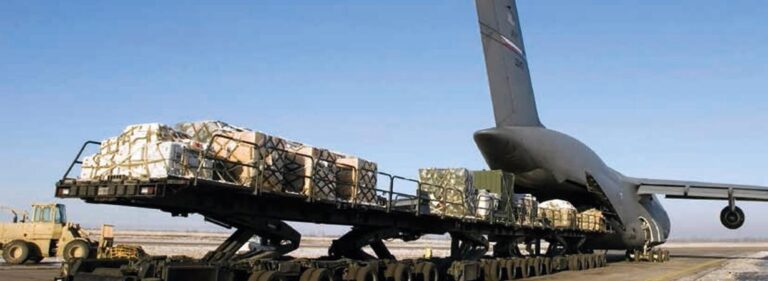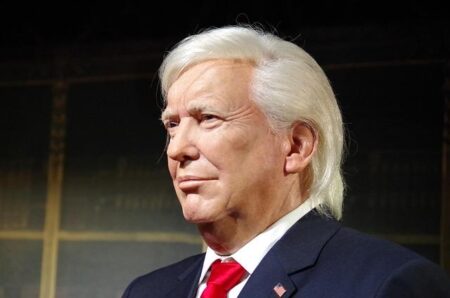The United States has continued its military shipments to Israel amidst escalating tensions with Iran, underscoring Washington’s commitment to its longtime ally in a volatile region. As diplomatic strains intensify, these deliveries signal a strategic effort to bolster Israel’s defense capabilities against potential threats. This development comes at a critical juncture, with both nations navigating a complex web of security challenges in the Middle East.
US escalates military support to Israel as tensions with Iran intensify
The United States has significantly ramped up its military support to Israel in response to escalating regional tensions, particularly the growing unease surrounding Iran’s recent activities. Multiple shipments of precision-guided munitions, advanced missile defense systems, and tactical equipment have been dispatched to bolster Israeli defense capabilities. Senior U.S. officials emphasize that this enhanced assistance aims not only to support Israel’s immediate security needs but also to serve as a strategic deterrent against potential aggressive maneuvers by Tehran and its allied proxies.
Below is a summary of key U.S. military aid components recently delivered to Israel:
- Iron Dome interceptors and battery upgrades
- Additional precision-guided air-to-ground munitions
- Advanced surveillance drones
- Electronic warfare support equipment
| Shipment Date | Equipment Type | Quantity |
|---|---|---|
| April 12 | Iron Dome Missiles | 2,000 units |
| April 15 | Precision-Guided Bombs | 300 units |
| April 18 | Surveillance Drones | 12 units |
Strategic implications of ongoing arms shipments for regional stability
The sustained flow of U.S. military aid to Israel reflects a broader strategy aimed at maintaining a delicate balance of power in the Middle East. This ongoing support serves as a deterrent against potential Iranian aggression, signaling Washington’s commitment to its key ally. However, the escalation in arms transfers risks exacerbating regional tensions, potentially triggering an arms race among neighboring states. Analysts warn that the influx of advanced weaponry may prompt Iran and its proxies to bolster their own capabilities, further destabilizing an already volatile environment.
Among the strategic consequences are:
- Heightened Security Dilemma: Increased military capacity on both sides can lead to miscalculations and unintended clashes.
- Shift in Regional Alliances: Nations may realign to either support or counterbalance the evolving power dynamics.
- Impact on Diplomatic Initiatives: Military buildups could undermine ongoing peace talks and dialogue efforts.
Below is a simplified overview of recent arms shipments and their potential impact metrics:
| Shipment Type | Quantity | Potential Regional Effect | ||||||||||||||
|---|---|---|---|---|---|---|---|---|---|---|---|---|---|---|---|---|
| Precision-Guided Munitions | 500+ units | Increased strike capability, escalates threat perception | ||||||||||||||
| Advanced Drones | Expert recommendations for diplomatic engagement to prevent broader conflict
Amid escalating tensions in the Middle East, leading international relations experts emphasize that a multifaceted diplomatic strategy remains crucial to avoid a wider regional conflagration. Analysts recommend reinforcing established communication channels between Washington, Tehran, and regional stakeholders to foster transparency and reduce the risk of miscalculation. Back-channel diplomacy, often conducted discreetly, is highlighted as an effective tool for de-escalation in high-stakes environments where public posturing can exacerbate hostility. Experts further suggest prioritizing the following actions to stabilize the region:
In SummaryAs tensions in the Middle East remain heightened, the continued flow of U.S. military shipments to Israel underscores Washington’s steadfast support amid escalating concerns over Iran’s regional activities. Observers will be closely monitoring how these developments influence the broader geopolitical landscape and whether diplomatic efforts can mitigate the risk of further conflict. The situation remains fluid, with potential implications for both regional stability and international relations. |




